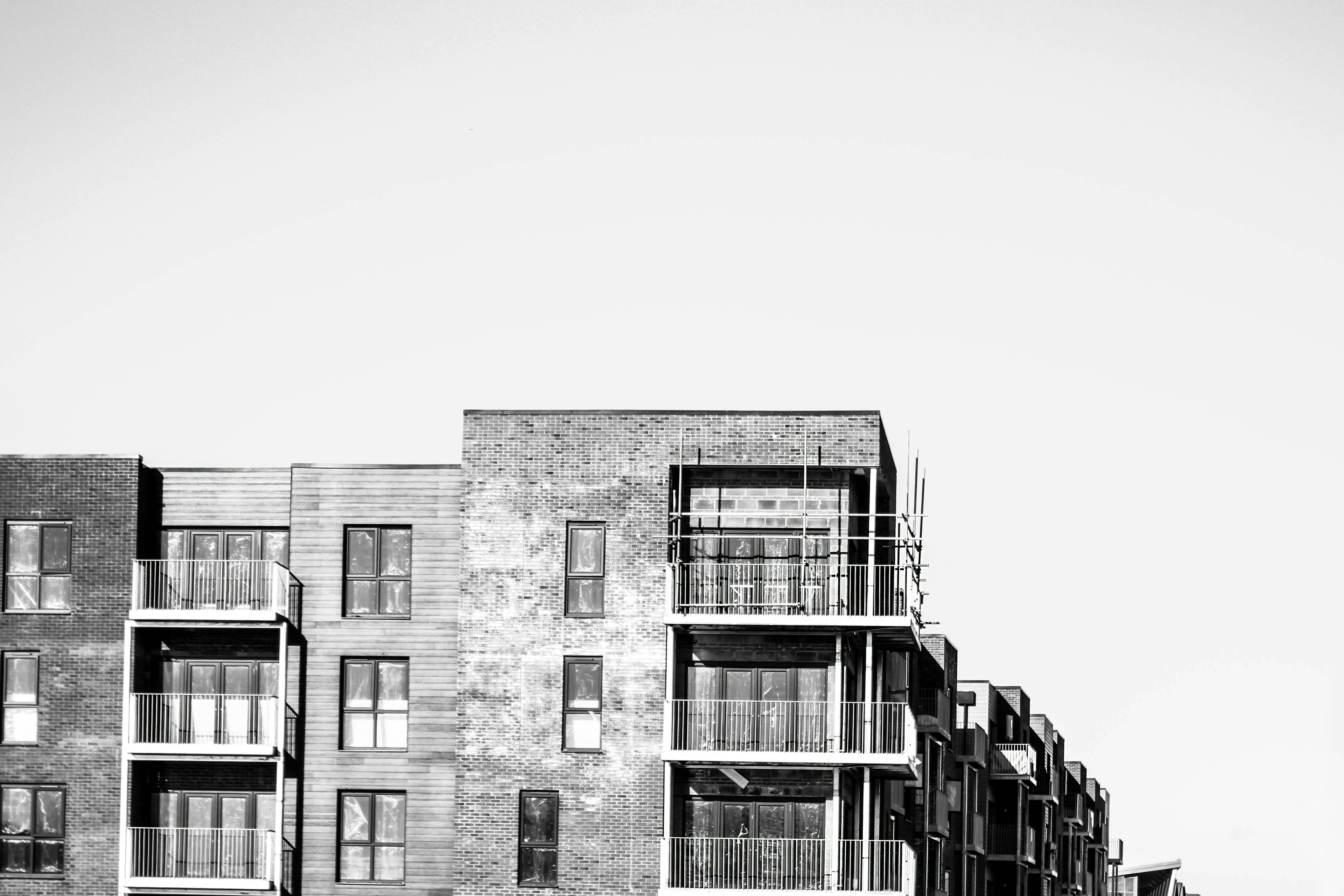
So you’re finally ready to take the exciting step of purchasing your dream home, but before you embark on this journey, it’s important to understand the closing costs associated with a mortgage loan. These costs, which are additional expenses on top of the down payment and monthly mortgage payments, play a crucial role in the homebuying process. From appraisal fees and title insurance to origination charges and attorney fees, this article will shed light on the various closing costs you can expect to encounter, ensuring you are well-equipped to plan and budget for them.
Table of Contents
Understanding Closing Costs for a Mortgage Loan
Closing costs are the fees and charges that borrowers are required to pay when finalizing their mortgage loan. These costs are separate from the down payment and typically range from 2% to 5% of the total loan amount. It’s important to have a clear understanding of these costs before entering into a mortgage agreement, as they can significantly impact the overall cost of homeownership.
Importance of Knowing Closing Costs
Knowing the closing costs associated with a mortgage loan is crucial for several reasons. Firstly, it allows you to budget and plan for these expenses in addition to the down payment. By being aware of the costs beforehand, you can avoid any last-minute financial surprises and ensure that you have the necessary funds available.
Secondly, understanding closing costs empowers you as a borrower to compare and negotiate with different lenders. Since closing costs can vary from one lender to another, being knowledgeable about them gives you the leverage to choose a loan that offers competitive terms and fees.
Lastly, closing costs are part of the overall cost of homeownership. By knowing and considering these costs, you can make a more informed decision about whether a particular mortgage loan is affordable and fits within your budget.
Factors that Influence Closing Costs
Several factors can influence the amount of closing costs you have to pay. Some of the most common factors include:
- Loan Amount: In general, the higher the loan amount, the higher the closing costs.
- Property Value: Closing costs may be higher for more expensive properties.
- Location: The location of the property can impact closing costs due to variations in local taxes and fees.
- Lender’s Policies: Different lenders may have different fee structures and policies regarding closing costs.
- Loan Programs: Depending on the type of loan you choose, such as a conventional loan or an FHA loan, the closing costs may vary.
It’s essential to review the Loan Estimate provided by your lender, which outlines the estimated closing costs associated with your mortgage loan. This document will give you a breakdown of all the fees and charges you can expect to pay, allowing you to make an informed decision about your financial commitment.
Types of Closing Costs
Understanding the different types of closing costs can help you better prepare for the expenses associated with finalizing your mortgage loan. Here are some of the most common types of closing costs you may encounter:
Loan Origination Fees
Loan origination fees are charges that lenders impose for processing, underwriting, and funding your mortgage loan. These fees compensate the lender for the time and effort involved in evaluating your application and preparing the loan for closing.
Appraisal Fees
Appraisal fees are necessary to determine the market value of the property you intend to purchase. Lenders require an appraisal to ensure that the property’s value aligns with the loan amount. An appraiser will assess the property and provide a detailed report with their findings.
Credit Report Fees
Credit report fees cover the cost of obtaining your credit report from one or more credit bureaus. Lenders use this report to evaluate your creditworthiness and determine the interest rate you qualify for.
Title Search and Insurance Fees
Title search and insurance fees are associated with ensuring that the property’s title is clear and free from any liens or encumbrances. A title search is conducted to verify the legal ownership and history of the property, while title insurance protects the lender (and sometimes the buyer) against any title defects that may arise.
Attorney Fees
Attorney fees are charged to cover legal services related to the mortgage transaction. Having an attorney review the loan documents and provide legal advice can provide an extra layer of protection for the borrower.
Home Inspection Fees
Home inspection fees cover the cost of a professional inspection of the property, including its structural integrity, electrical systems, plumbing, and more. This ensures that the property is in good condition and allows you to identify any potential issues before finalizing the purchase.
Escrow Fees
Escrow fees are paid to an escrow company, which acts as a neutral third party in the transaction. They handle the transfer of funds, ensure that all documents are properly executed, and facilitate the closing process.
Recording Fees
Recording fees are charged by the local government to record the new mortgage and deed with the county or other appropriate office. It ensures that the property transaction is officially documented and establishes legal ownership.
Transfer Taxes
Transfer taxes are imposed by state and local governments when the property ownership is transferred. The amount of transfer taxes can vary depending on the location of the property.
Prepaid Expenses
Prepaid expenses include costs for items such as property taxes, homeowner’s insurance, and prepaid interest. These expenses are typically paid upfront at closing to ensure that the property is adequately insured and taxes are up to date.

Loan Origination Fees
What are Loan Origination Fees?
Loan origination fees, also known as underwriting fees, are charges levied by lenders to compensate for the administrative costs of processing and evaluating a mortgage loan application. These fees can vary from lender to lender and are typically a percentage of the loan amount.
How are Loan Origination Fees Calculated?
Loan origination fees are often calculated as a percentage of the loan amount, typically ranging from 0.5% to 1% of the total loan amount. For example, if you’re taking out a $200,000 mortgage loan with a 1% origination fee, you can expect to pay $2,000 in origination fees.
Typical Range for Loan Origination Fees
The range for loan origination fees can depend on various factors, including the lender’s policy and loan program. While the average loan origination fee is around 1% of the loan amount, it’s important to note that some lenders may charge more or less. It’s always recommended to shop around and compare loan offers to find the best terms and fees for your specific situation.









